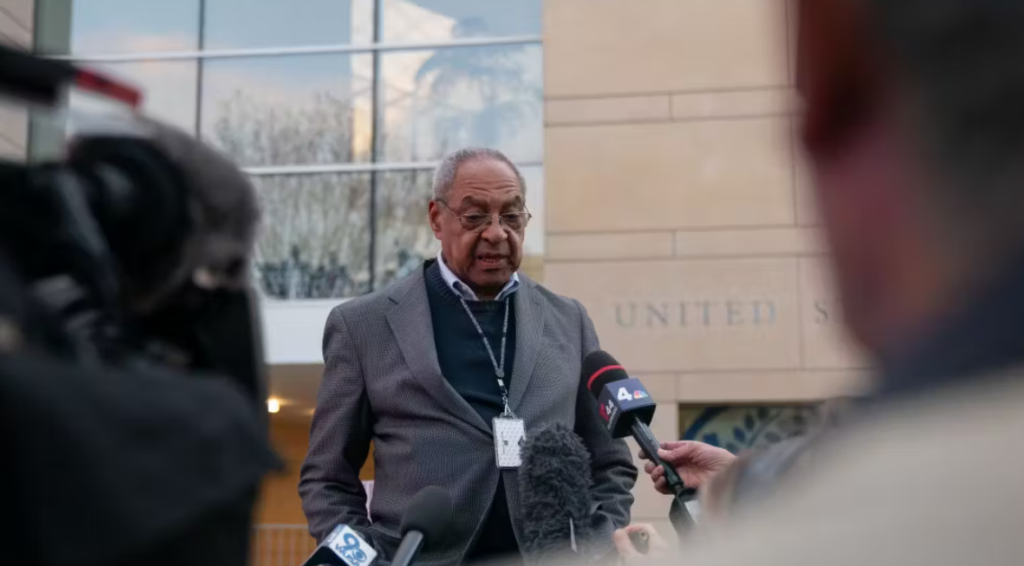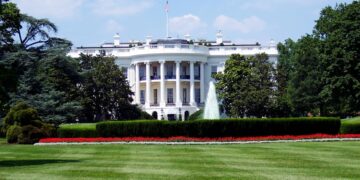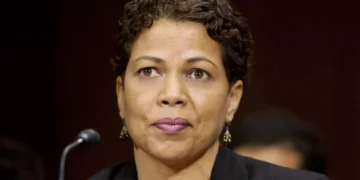May 19, 2025 Story by: Editor
In a significant legal rebuke, U.S. District Judge Beryl A. Howell ruled on Monday that the Trump administration overstepped its authority in attempting to dismantle the U.S. Institute of Peace (USIP), an independent, congressionally established nonprofit dedicated to promoting global conflict resolution.
Background
Established in 1984 through legislation signed by President Ronald Reagan, the USIP operates as a nonpartisan entity funded by Congress. Its mission encompasses providing research, analysis, and training to support international peacebuilding efforts. Despite being federally funded, the institute functions independently of the executive branch, a distinction central to Judge Howell’s ruling.
The Administration’s Actions
In March, the Trump administration, citing an executive order aimed at government downsizing, moved to dismantle the USIP. The Department of Government Efficiency (DOGE), led by Elon Musk, spearheaded the takeover, with assistance from federal and local law enforcement. DOGE officials forcibly entered the USIP headquarters, removed its leadership, and installed their own appointees. Subsequently, the administration terminated staff, halted programs, and transferred the institute’s assets, including its $500 million headquarters, to the General Services Administration.
George Moose: A Diplomatic Career Undermined
Among those affected by the administration’s actions was George E. Moose, the acting president and CEO of USIP at the time of the takeover. A seasoned diplomat, Moose’s career spans several decades and includes significant roles such as Assistant Secretary of State for African Affairs during the Clinton administration, U.S. Ambassador to Benin and Senegal, and U.S. Permanent Representative to the European Office of the United Nations in Geneva. He was appointed to the USIP board in 2007 and served as its chair from 2021 until his removal in 2025.

Moose was forcibly removed from his position during the DOGE-led takeover. He publicly condemned the administration’s actions, stating, “What has happened here today is an illegal takeover by elements of the executive branch of a private non-profit.”
Legal Challenge and Ruling
Former USIP board members and staff filed a lawsuit challenging the legality of the administration’s actions. Judge Howell’s 102-page opinion concluded that the USIP’s independent status, as established by Congress, places it outside the president’s direct control. She stated that the administration’s actions constituted a “gross usurpation of power” and were executed in a manner that “unnecessarily traumatized” the institute’s employees.
The judge declared all actions taken by the unlawfully installed leadership, including staff terminations and asset transfers, null and void. She emphasized that the USIP “does not exercise governmental, let alone executive, power under the Constitution,” reinforcing its independence from executive authority.
Implications and Next Steps
This ruling not only reinstates the USIP’s original leadership and operations but also sets a precedent limiting executive overreach into congressionally established entities. The Justice Department has 30 days to appeal the decision. As of now, there has been no official response from the Trump administration regarding the ruling.
The case underscores the ongoing tension between the executive branch and independent federal institutions, highlighting the judiciary’s role in maintaining the balance of power within the federal government.
Source: AP News / Reuters / The Washington Post / The Guardian
















